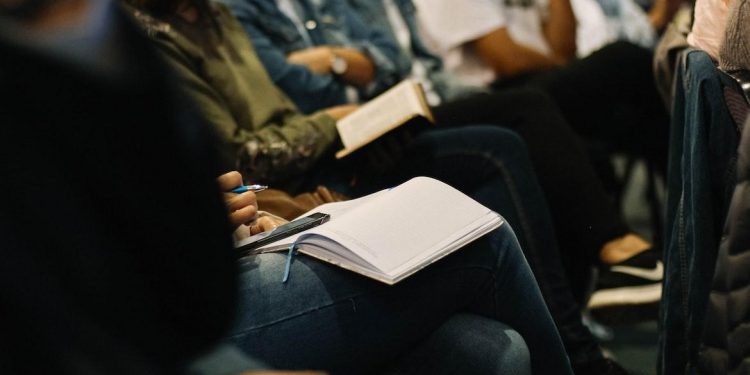Facilitating a substance abuse group discussion is deeply satisfying. There is nothing better than knowing that you get to help individuals get closer and closer to a life of joy and meaning that they’ve always dreamed of. Simply put, it feels good to the soul. Apart from the need to always have ready substance abuse discussion topics in group therapy, you also need to have a framework to go by. Your role as a facilitator is vital and crucial. You’re the one who needs to ensure that discussions go smoothly and that everyone gets to truly feel seen and heard. It’s no small task. To help you with it, we’d enlist ten effective ways to facilitate substance abuse group discussions. Read on, take on, and facilitate seamlessly.
Have a Group Guideline.
All your group discussions will be highly effective and enriching if you establish a guideline from the get-go. To ensure participation and openness among participants, you should emphasize the importance of the following:
Confidentiality – stress the fact that everything that will be discussed will remain just between you and the participants. This will encourage everyone to fully open up. This is the case because their sense of safety will be secured.
Respect – let every participant know that respect is a core value that should be observed at all times. Stress the true essence of respect. Let everyone know that respect means accepting a person for who they are, even if, and most importantly, when they are different from you or when you don’t agree with them.
Active Listening – let everyone know that active listening is of prime importance. Active listening is listening with intention. Active listening is listening with your heart.
Empathy – it’s important to highlight that everyone should participate with empathy. Empathy, simply put, is the ability to put oneself in another person’s position. It’s the ability to understand fully where the other person is coming from.
Having the following as the core of your guidelines will ensure that you have supportive and safe group discussions.
Icebreakers work!
Icebreakers have been around for forever because they always work. They work because they help each participant to get into a headspace that is ready to engage and interact. It also helps in building rapport and making each participant feel more comfortable and at ease. Icebreakers can always brighten up a room just before the actual discussion proper.
Consistent check-ins.
Having consistent check-ins will also greatly help. This will help in building a sense of community within the group. It’s always nice to know that people care about what one is doing and what one is up to. Check-ins are good because it would allow participants to give current insights or personal stories relevant to the topic to be discussed.
Structured Agenda
This is not as complicated as it sounds. With a structured agenda, you simply need to have an outline of the topics that are to be discussed during the session. Having a clear outline will help you in ensuring that the discussion is on the right track. A good outline will allow you to highlight important points.
Open-ended Questions
One of the best things that you can do to have people engaged in a discussion is to ask open-ended questions. Open-ended questions are effective discussion boosters because you will get to seamlessly allow participants to share their insights and thoughts without any restrictions. This is because open-ended questions cannot be simply answered with a ‘yer’ or ‘no’. Open-ended questions are fantastic because they will allow participants to share more about themselves.
Encourage Participation
You should always aim to encourage participation. It is your job to make everyone feel welcome and at ease. This should be especially done to quieter group members. You can directly ask them for insights or for any input. You can encourage participation by asking the following:
- Does anyone in the group have a similar experience to share?
- Can we hear from someone we haven’t heard from yet?

Active Listening
Active listening is so important, so important that an entire section is dedicated to it. Listening is not as easy as you think. You may think that you can listen and find out that you only ever hear. To listen is to understand. To listen is to be transformed. This is why it should always be done intentionally. Here are three things that you could do to become a better active listener:
- Always give your full attention when someone is speaking to you.
- Pay attention to non-verbal cues.
- Ask clarifying questions.
Reflective Responses
Your responses should be reflective. Your participants should feel validated. It’s not that hard to say. “I can’t imagine how tough what you’re going through right now.” when someone shares a struggle or a challenging experience.
Summarize, summarize, summarize.
You should never forget to summarize important key points at the end of every discussion. Your participants must know the main takeaways of all sessions. When summarizing, grab the chance to offer affirmations or positive notes. Never miss a chance to acknowledge everyone’s participation.
Share Resources
Learning, relating, and exploring should not end within the group discussion. You should make it a point to share resources like books, websites, articles, and local support services. Every bit of help counts to a person who is conquering substance abuse and starting anew.

























